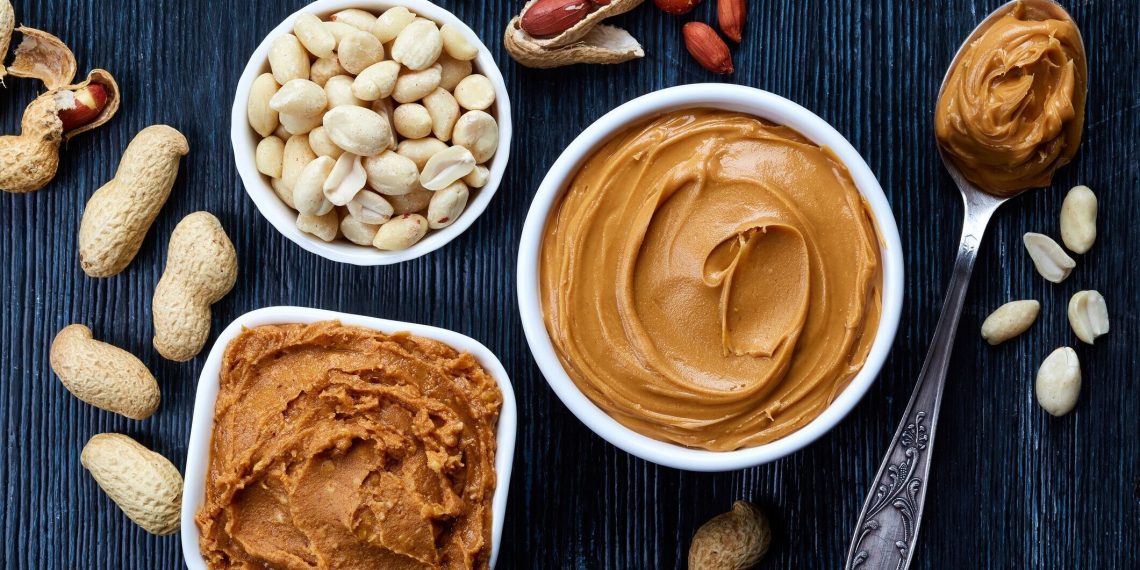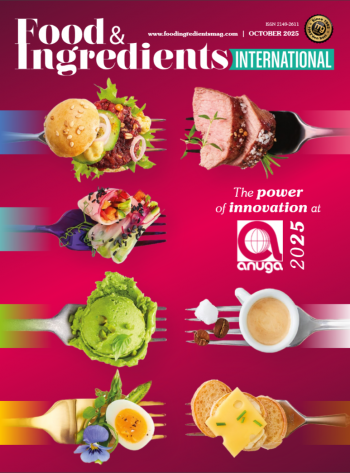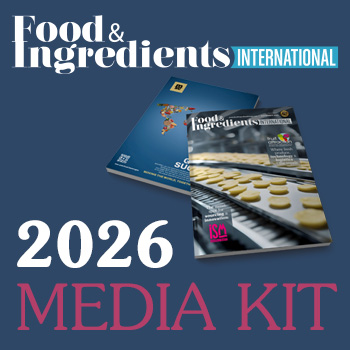When it comes to health, women face unique challenges that call for unique nutrition. In fact, research has found that women face a higher risk of dying from heart disease than men,1 and may be at risk for other conditions such as hypertension,2 certain cancers,3 and even Alzheimer’s disease.
To help women protect their health, The Peanut Institute is sharing information on the benefits that regular consumption of peanuts and peanut butter deliver to females at every stage of life.
“It’s essential for women to build their diets around nutrient-dense foods. I routinely suggest incorporating whole grains, spinach, berries, peanuts, beans and lentils because they deliver a variety of vitamins and minerals and they have disease-fighting properties,” says Dr. Samara Sterling, a nutrition scientist and research director for The Peanut Institute. “It’s easy to put off improving your nutrition for ‘another day,’ but it’s important to remember that the choices we make today, and every day, can quickly become a pattern.”
In fact, for mothers, poor nutrition and lifestyle behaviors can be passed on and may place children at risk for a cognitive impairment, lower resistance to infections and higher rates of disease and death.1
Birth to 24 Months
A child’s first two years are referred to as “B24” and are a critical time in the growth and development of the brain and body. The most recent Dietary Guidelines for Americans highlights peanuts as “an important source of iron, zinc, protein, choline and long chain polyunsaturated fatty acids.”2
Although many may not recognize the term polyunsaturated fatty acids, they are crucial for supporting the rapid brain development that occurs in a child’s first two years. Arginine, also found in peanuts, is an essential nutrient that’s associated with higher growth velocity and linear growth.3
When to introduce peanuts is a question many parents have. The American Academy of Pediatrics recommends adding complementary foods (foods other than breast milk or infant formula) to a baby’s diet at around six months old.4
Offering baby-friendly peanut foods early on can reduce a child’s risk of developing peanut allergies, and studies show pairing vegetables with a preferred taste (like thinned peanut butter) can significantly increase veggie intake.5 It’s important to remember that infants should not be fed whole peanuts or sticky foods due to the choking risk. Initially, parents can thin a very small amount of peanut butter or peanut powder with water and mix it into rice cereal.
Youngsters and Teens
These days, children are on the go from early on and throughout their teen years. They’re often busy with sports, clubs and other activities and require enough “fuel” to keep growing and going.
At this phase of life, it’s important for young girls and teens to establish a pattern of healthy eating, including snacks and meals.
“As a nutrition scientist, I know that eating routines and habits that are set early become engrained and are usually followed for decades to come. Moms and dads should lead by example so their daughters can model smart decision-making around food,” says Sterling. “For example, offering healthy snacks like fresh veggies or fruit paired with peanut butter or peanuts is a great option. The combination tastes good and delivers a plant-based protein and important vitamins and minerals that young girls need to recharge.”
On the subject of protein, at 7 grams per ounce, peanuts have more protein than any other nut.6. That’s especially important for girls who work out since protein helps muscles grow, recover and stay healthy.7 Plus, peanuts are satisfying and an easy, on-the-go snack that can be stowed in a backpack, locker or car.
Adults and Seniors
As an adult, it’s important to maintain a healthy weight, remain active and eat smart to set a strong foundation for the golden years.
The Journal of the American Heart Association found that following a plant-based diet with nuts, legumes, fruits and veggies can lower the risk of dying prematurely from multiple causes, including cardiovascular disease, one of the leading causes of death worldwide.8 In addition, phytosterols, like those found in peanuts, may inhibit the growth of cancers that affect millions of women, including lung, stomach, ovarian, colon and breast cancers.9-12
As they age, staying sharp is another concern for women. A 2015 study found that consuming 10 grams of peanut butter, peanuts or tree nuts daily was associated with a 44% reduced risk of death from neurodegenerative diseases.13 An earlier study published in the Journal of Neurology, Neurosurgery & Psychiatry showed that adults 65 and older who consumed more niacin from foods had slower rates of cognitive decline, and a 70% lower risk for Alzheimer’s disease.14
This Women’s Health Month, The Peanut Institute is encouraging women of all ages to take a moment to evaluate their eating habits and commit to making one or two improvements.
“Change doesn’t happen overnight but, if you start small and continue to make smart, healthy choices, your body and brain will benefit,” adds Sterling.



















